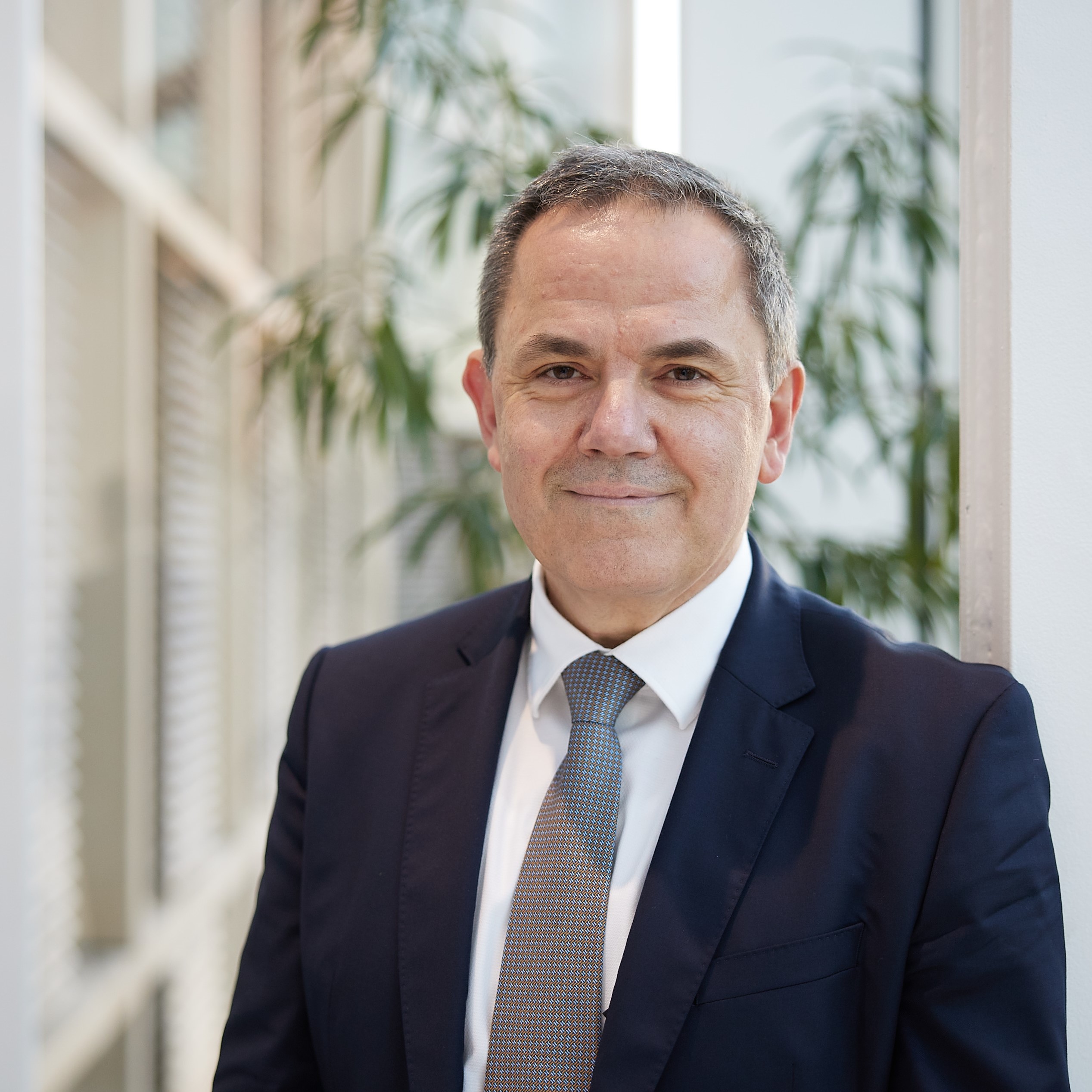Their approach will centre our understanding of ethics on the distinctive value and capabilities of human beings and draws on methods of inquiry in the humanities. The development of a humanistic ethic will hopefully serve as a counterweight to the dominance of data-driven and quantitative conceptions of ethics in the AI field.
AI2050 is a programme at Schmidt Futures, a philanthropic initiative founded by Eric and Wendy Schmidt, that aims to support exceptional people working on key opportunities and solutions to hard problems that are critical to ensure society benefits from AI.
Professors Tasioulas and Landemore are experts, respectively, in the theory of human rights and democracy. A key part of their research will involve engaging with the ways in which developments of AI relate to these two core values. The ultimate goal of the research is to improve societal understanding of how the emergence of AI-driven technology can be integrated within a culture of democracy and human rights, making AI a servant rather than a threat to human dignity and well-being.
Professor Tasioulas said: "It is a great honour to receive this award. Developments in AI technology raise urgent and profound ethical questions about what it is to respect and advance human dignity in an era in which many complex human tasks are increasingly capable of being performed by machines. The grant will enable us to give sustained attention to this question and to bring outstanding younger scholars into this exciting new field. I am especially delighted to be doing this work together with Professor Landemore whose advocacy of more radically participatory forms of democracy attuned to contemporary technological realities is truly inspirational".
Professor Landemore said: "I'm honored and grateful to be collaborating with Professor Tasioulas, who convinced me early on of the urgency for humanists to define and defend a vision for an ethical AI and who has been the driving force behind this project. Like John, I believe ethics must be understood in a non-purely individualist and moral sense and broadened so as to encompass collective, political questions. Ethical AI will also likely be a more democratic AI. I'm excited to contribute my expertise in democratic theory and democratic innovations to our joint endeavour.”
For further information, or to request an interview, please contact Oxford University on communications@humanities.ox.ac.uk or +44(0) 7468 701499
Image of Professor John Tasioulas taken by Ian Wallman

